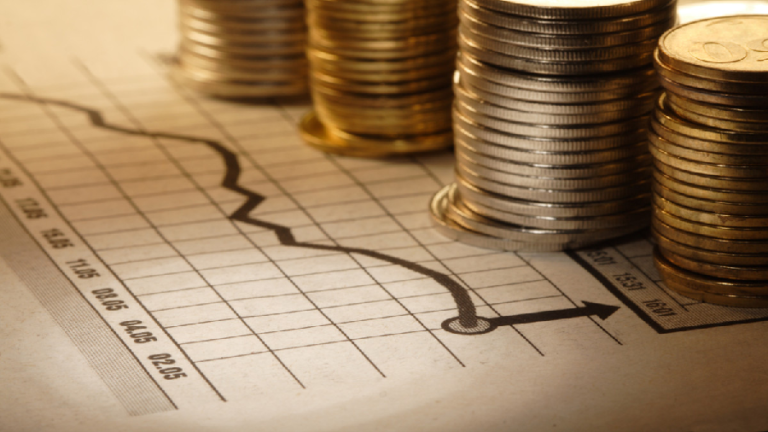If you’ve paid any attention to the stock market over the last two years, then you probably know that things have changed.
Apps like Stash and Robinhood have brought millions of new people to investing that would have never been able to put their money in stocks without the new technology and lack of commission for making trades.
Cryptocurrencies have soared in popularity to the point that they represent a viable — if controversial — alternative to the stock market.
And industries that were virtually unknown or still in their infancy just a few years ago, like streaming services, virtual reality, and FinTech, have now become global forces receiving billions of dollars in investment.
As we look to 2022, the investing landscape is more complex than ever before, yet it’s simultaneously a year that could prove more advantageous to smart investors than any other in recent memory.
Or as Barron’s put it: “As these phenomena follow us into the new year, so too will an investment sector that has experienced continued innovation as new, and newly accessible, tech platforms and products transform the financial services landscape and contribute to positive change in how we invest—as well as who is investing.”
Here are some of the investing trends for 2022 that you need to know.
Metaverse
Facebook’s name and brand change to the Metaverse prompted millions of people to hop on Google and find out what that word actually means.
The idea of a fully-integrated virtual world has long been the stuff of science-fiction, like Stephen Spielberg’s adaptation of “Ready Player One” just a few years ago. While many video gamers have understood the concept for years, the rest of the public is more tentative in their understanding and support.
The reality is that the metaverse is still in its infancy, whether we’re talking about Facebook or the many other companies working to create their slice of the coming virtual world. But that’s also exactly why investors who invest now could see massive returns in the near future.
A lesser-known example would be AMPD Ventures, which received $6.94 million from Canadian company ThreeD Capital Inc. in November 2021 for its Metaverse initiatives.
“My feeling is that we are in the midst of a digital acceleration, and this way of life will be with us indefinitely,” Sheldon Inwentash, CEO of ThreeD Capital, said in an interview with Finsmes.com.
Decentralized Finance (DeFi)
Another trend that skyrocketed in 2021 was DeFi, or decentralized finance. Long seen as a less-interesting trend compared to cryptocurrency, DeFi received a whopping $260 billion in investment during 2021, making it a serious new contender for investors looking for ground-floor opportunities.
The industry’s growth has primarily been driven by new DeFi applications, including apps aimed at derivatives, insurance, the lending and borrowing of virtual assets, as well as the management of crypto assets.
The industry’s growth has also relied on stablecoins, a form of crypto utilized mostly by liquidity pools trying to make trading more convenient. DeFi apps increasingly use stablecoins to address the volatility in crypto markets — a major selling point for investors.
Cannabis and Psychedelics
Despite the disappointment among cannabis investors that US President Joe Biden’s administration hasn’t made any moves on the federal legalization of cannabis, 36 states now have some form of legalized marijuana, despite Cannabis cyber liabilities.
Even without changes at the federal level, that means investors can expect the US cannabis industry to grow by double-digits for the foreseeable future.
Additionally, Canada has legalized some psychedelics, mainly psilocybin, and at least one US state, Oregon, has done the same. The medical potential of psychedelics is just beginning to be understood, but they have already shown major potential for treating alcoholism, depression and other mental health problems that currently have few effective treatments. It’s another industry with huge potential.
These are only a few examples of the many emerging investment trends of 2022. Keep doing your research! With enough homework, you should be able to find investments that go the distance.





